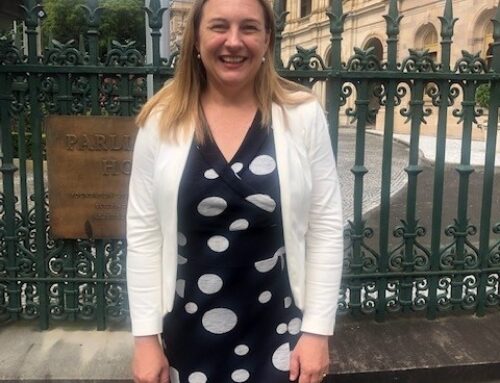One of the greatest challenges we face as personal injuries lawyers is managing our responsibilities to advise our clients and potential clients of their legal rights, being sensitive to their vulnerabilities and acknowledging our own limitations since we are not in any way medically qualified. This is the same challenge we face in our personal lives when our friends and loved ones are dealing with serious loss in their lives.
In particular, it is very difficult to advise grieving relatives following the loss or serious injury of a loved one.

A psychiatrist once impressed upon me the importance of not shunting people off to counselling immediately after trauma or bereavement. While people need support, if we are too quick as lawyers to refer people on for psychiatric assessment, it can actually precipitate a psychiatric injury where there was none.
You cannot be compensated for grief. Mentally healthy people will still suffer grief after a bereavement. You can however be compensated for a recognised psychiatric injury which can include diagnoses such as Post Traumatic Stress Disorder or substance abuse.
This is the dilemma. There is a three year time limit on a claim for damages for personal injuries. While this time limit can be extended in certain circumstances, we do not want to rely upon the potential extension of the limitation period. Somehow we need to advise our clients of their rights if they suffer from a recognised psychiatric injury without precipitating an injury.
As I get older, I realise that it is a dilemma that we all face in life. When our friends and family suffer a loss we all need to decide when they just need a shoulder to cry on and when we should be encouraging them to seek professional help. We don’t want to push people away from us when they need compassion but we also need to know our own limitations.
It is a fine line but I like to believe that goodwill and gentle words can balance our competing responsibilities.






